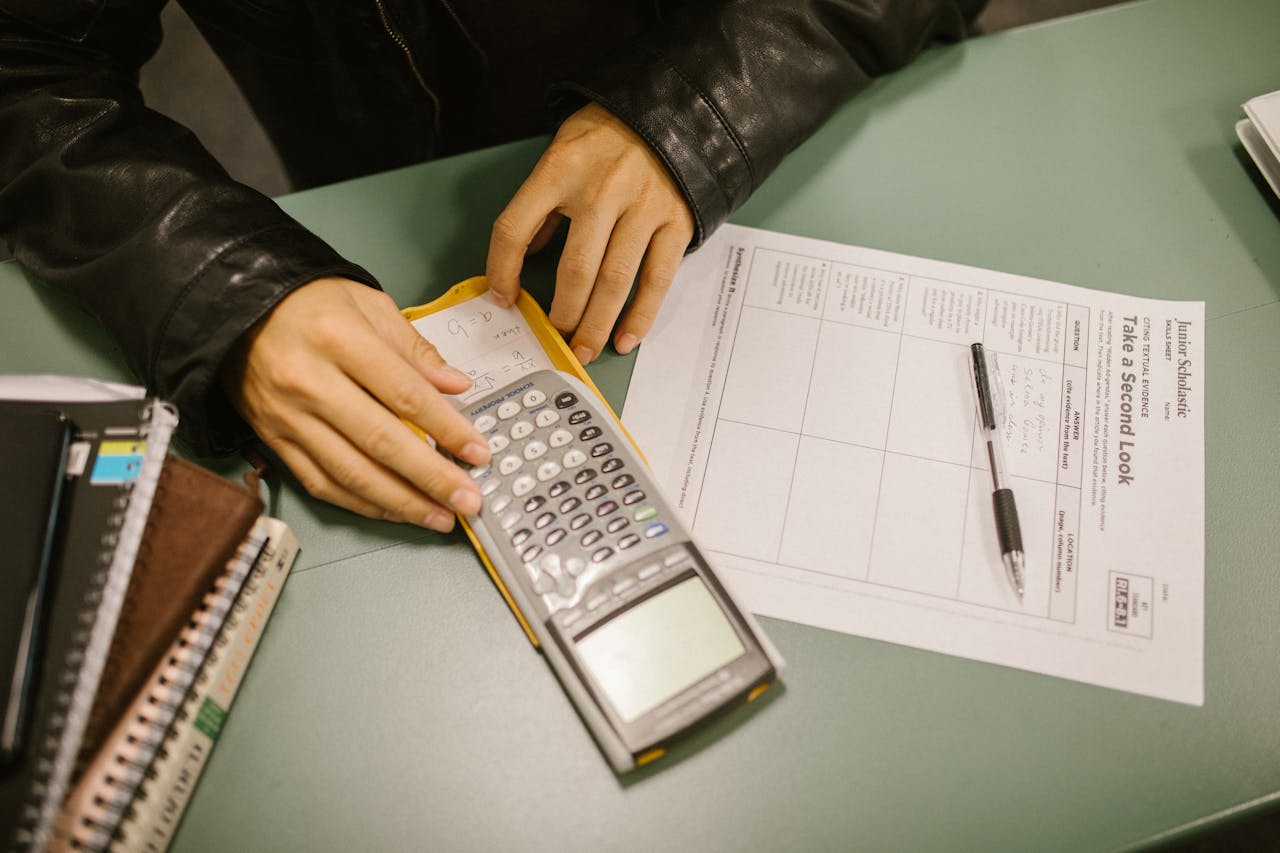No products in the cart.
What Personality Test Do Most Employers Use?
- JobAssessmentHelp
- Assessment Practice Blog
- 0 Comments

Hiring decisions in today’s job market often go beyond resumes and interviews. Many employers now rely on personality tests to better understand how candidates think, behave, and fit into company culture. But with so many tests available, which one do most employers actually use?
Why Employers Use Personality Tests
Employers use personality assessments to predict job performance, measure cultural fit, and reduce turnover. These tests help hiring managers evaluate soft skills like communication, teamwork, and problem-solving—traits that are often just as important as technical ability.
The Most Common Personality Tests Employers Use
1. Myers-Briggs Type Indicator (MBTI)
- Overview: MBTI is one of the most recognized personality assessments worldwide. It classifies individuals into 16 personality types based on preferences such as introversion vs. extroversion and thinking vs. feeling.
- Employer Use: While not always used for hiring decisions, MBTI is common for team-building, leadership training, and career development.
2. DISC Assessment
- Overview: DISC measures four key traits: Dominance, Influence, Steadiness, and Conscientiousness.
- Employer Use: Many employers use DISC to assess communication styles and how a candidate might interact with colleagues or clients.
3. Hogan Personality Inventory (HPI)
- Overview: Built specifically for the workplace, HPI evaluates normal personality traits that impact job performance.
- Employer Use: Common in industries like finance, law enforcement, and leadership roles where predicting long-term performance is critical.
4. Caliper Profile
- Overview: This test measures 22 traits, including leadership, time management, and risk-taking.
- Employer Use: Frequently used to identify high-potential employees and tailor training programs.
5. Predictive Index (PI Behavioral Assessment)
- Overview: A short test that identifies workplace behaviors and motivations.
- Employer Use: Popular among U.S. employers because of its quick results and ability to match candidates to specific job roles.
6. Big Five Personality Test (OCEAN Model)
- Overview: The Big Five evaluates Openness, Conscientiousness, Extraversion, Agreeableness, and Neuroticism.
- Employer Use: Many companies consider it the most scientifically reliable tool for predicting job performance.
7. Situational Judgment Tests (SJTs)
- Overview: Unlike traditional personality tests, SJTs present real-life workplace scenarios and ask candidates to choose how they would respond.
- Employer Use: Widely used in government, law enforcement, and customer service hiring.
Which One Do Most Employers Use?
While usage varies by industry, the Big Five Personality Test and the Predictive Index (PI Behavioral Assessment) are among the most widely adopted for hiring in the U.S. These assessments provide a balance of scientific reliability, ease of use, and direct relevance to workplace behavior.
Tips for Candidates Taking Personality Tests
- Answer honestly – Most tests include consistency checks to detect “faking.”
- Focus on work-related behaviors – Think about how you act in a professional setting, not just in personal life.
- Stay consistent – Contradictory answers can raise red flags.
- Understand the job role – Employers look for traits aligned with job requirements (e.g., detail orientation for finance roles).
FAQs About Employer Personality Tests
1. Can I prepare for a personality test?
Yes, but preparation is less about memorizing answers and more about understanding the job role. The best approach is to answer honestly while keeping professional behavior in mind.
2. Do employers reject candidates based on personality test results?
In some cases, yes. Employers may use test results to filter candidates who don’t match the behavioral profile they seek. However, personality tests are usually one part of a larger hiring process.
3. Which personality test is the most accurate for job performance?
The Big Five Personality Test is widely considered the most reliable and scientifically validated for predicting job performance.
4. How long do personality tests take?
Most tests take between 15 and 60 minutes, depending on their complexity. Shorter tests like the Predictive Index are quick, while comprehensive ones like Hogan can take longer.
5. Can I fail a personality test?
There’s no “pass” or “fail.” These tests measure traits and tendencies, not right or wrong answers. Employers use them to gauge fit, not to grade candidates.
6. Do all employers use personality tests?
No. While common in industries like finance, healthcare, and customer service, many employers rely solely on resumes and interviews.
7. Are online free personality tests the same as employer tests?
Not exactly. Free versions may give a general idea, but employer-administered tests are usually more rigorous, validated, and job-specific.



